What To Do If You Can’t Pay A Bill
Financial Education
4 Strategies To Pay Off Debt Faster
Debt Management
undefined
One popular strategy for accelerating debt repayment is to make biweekly payments every two weeks, each totalling half your monthly payment. An important note: this method will result in you making 26 payments each year, which is two more than you would make if you made a payment on the first day of the month and the middle of the month, so you will have to budget accordingly. The advantage is that you will reduce your amount owed at a faster rate and, thus, save on interest. Plus, a biweekly schedule can alleviate cash-flow concerns by distributing smaller payments more evenly throughout the month. Use our
biweekly payment calculator
As a general rule, paying down debts with the highest interest rates should be your first priority. With this strategy, you’ll pay off debt faster and with less total interest in the long run. To make this happen, you can make the minimum payment on your other, lower-interest accounts. Then, once the loan with the highest interest rate is paid off, you apply the minimum monthly payment you would have spent on that loan to the loan with the next highest interest rate, and so on until you reach the end of the line and you’re debt free. Woot!
Another repayment strategy you could try is the
debt snowball method
If you’re lucky enough to be starting the year with a nice bonus check burning a hole in your pocket, consider making one large payment toward your debt, be it a mortgage, auto loan or credit card debt. When you pay off debt, you are receiving a guaranteed return on your money – the amount of interest you would otherwise be paying on any outstanding balance. You’ll also want to keep this in mind for your tax return in April!
Schedule a meeting with us
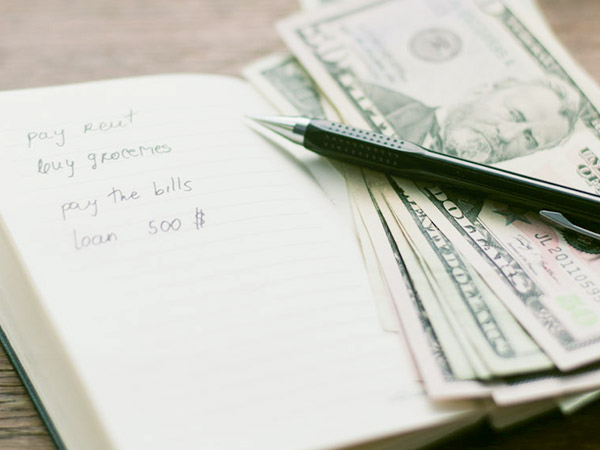
Three Smart Things To Do With Your Tax Refund

Kim's Tips For Setting Smart Goals
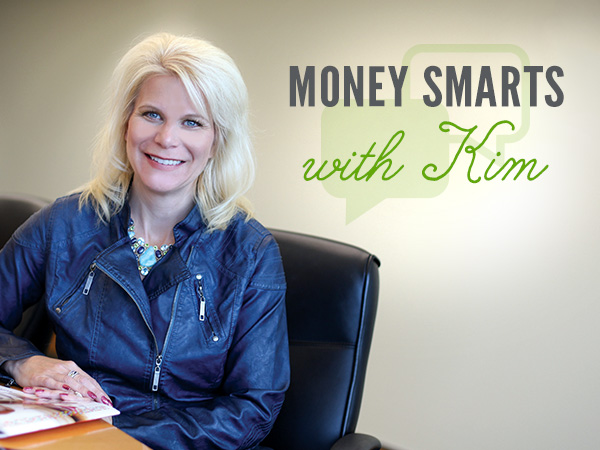
4 Strategies To Pay Off Debt Faster

Budgeting Blitz: 5 Steps To Win The New Year

‘tis The Season To Think About Your Debts (really!)

Holiday Shopping Tips For Savvy Savers

Best Ways To Spend Your Tax Return

Best Ways To Spend Your Tax Return
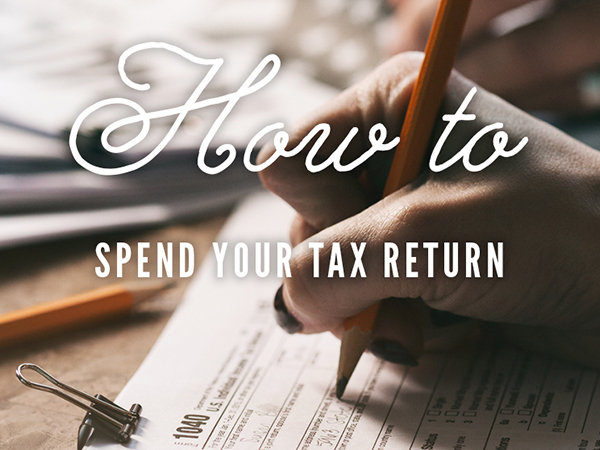
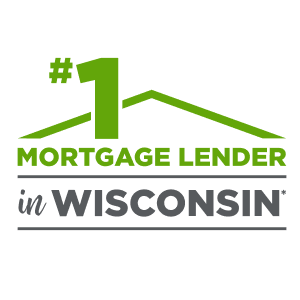

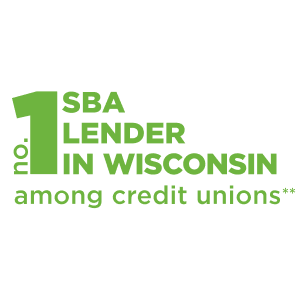

Featured Products
Financial Education
About
Help & Support





Stay on SummitCreditUnion.com
Go
Consumer Financial Protection Bureau's website.



